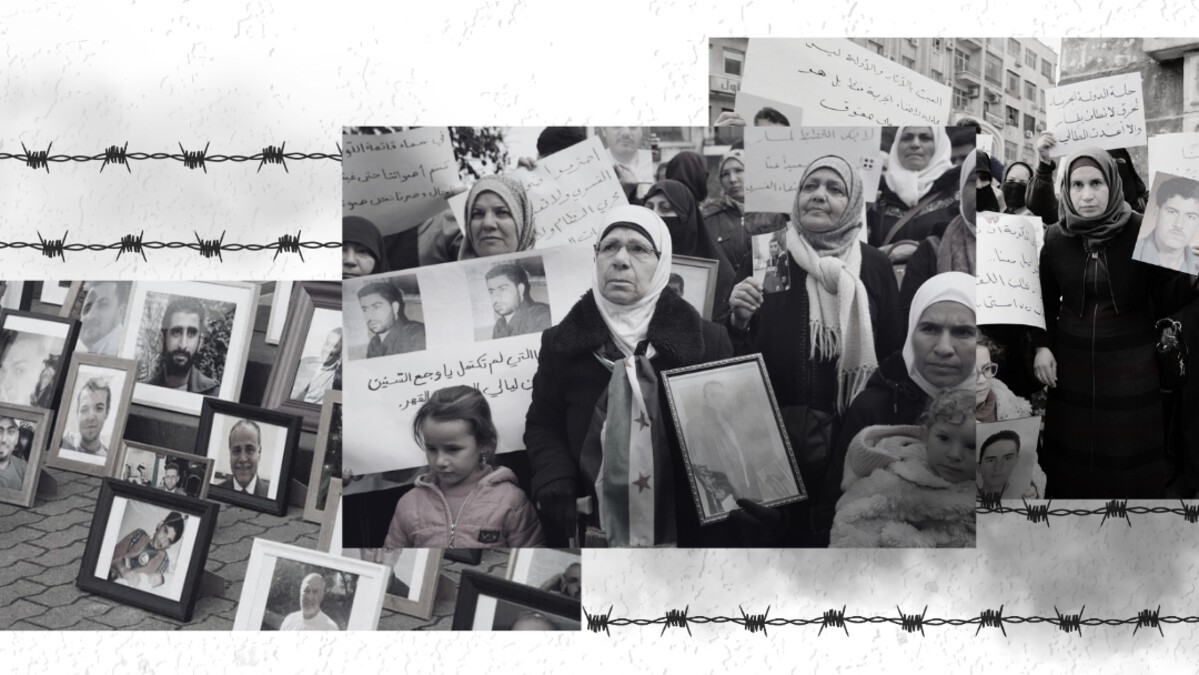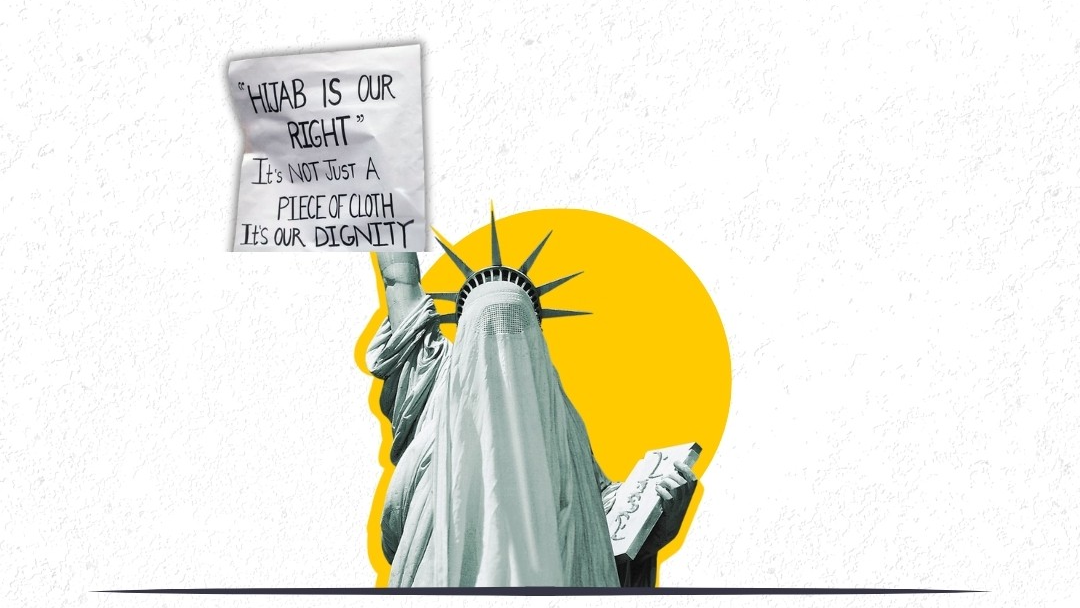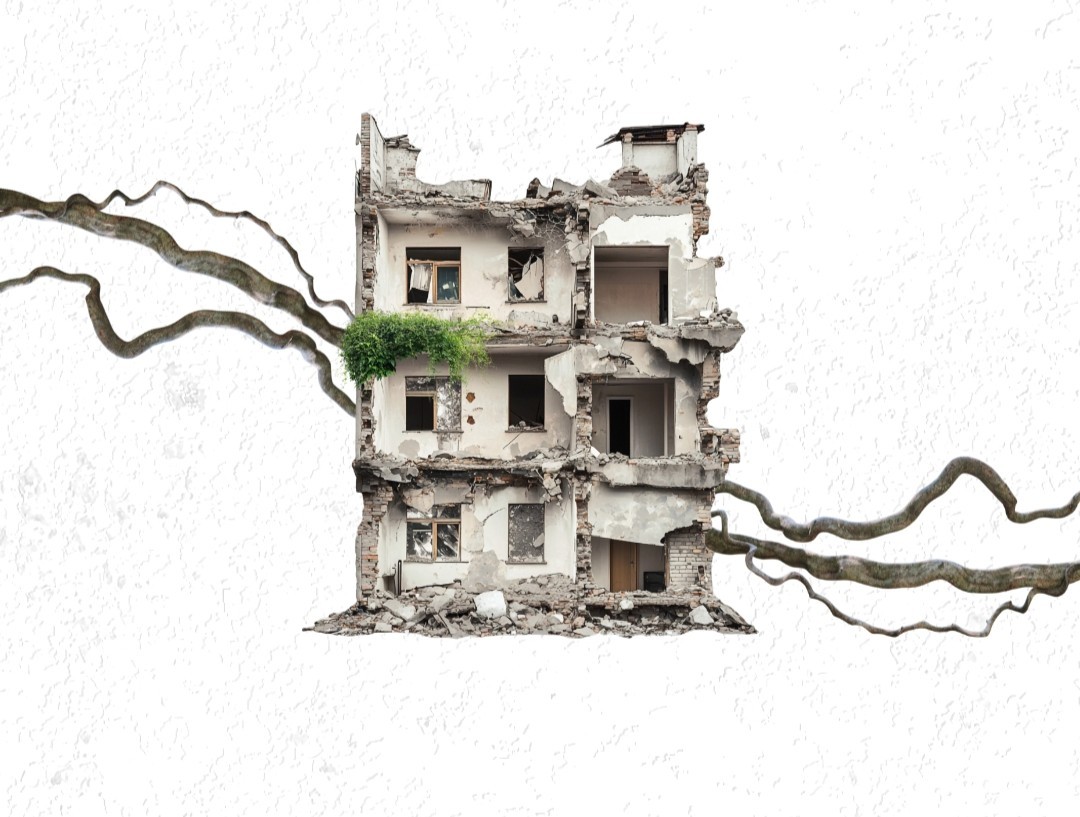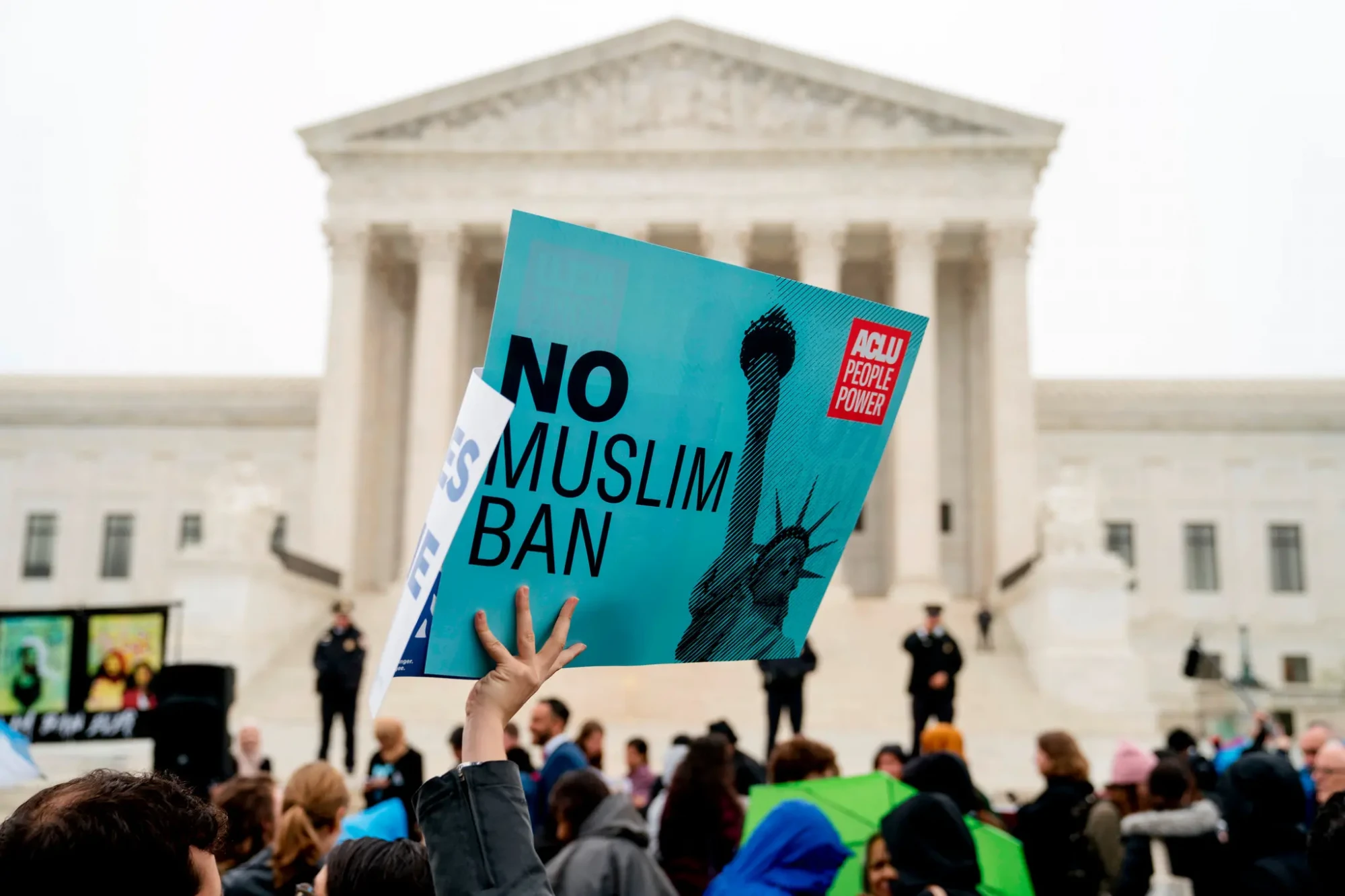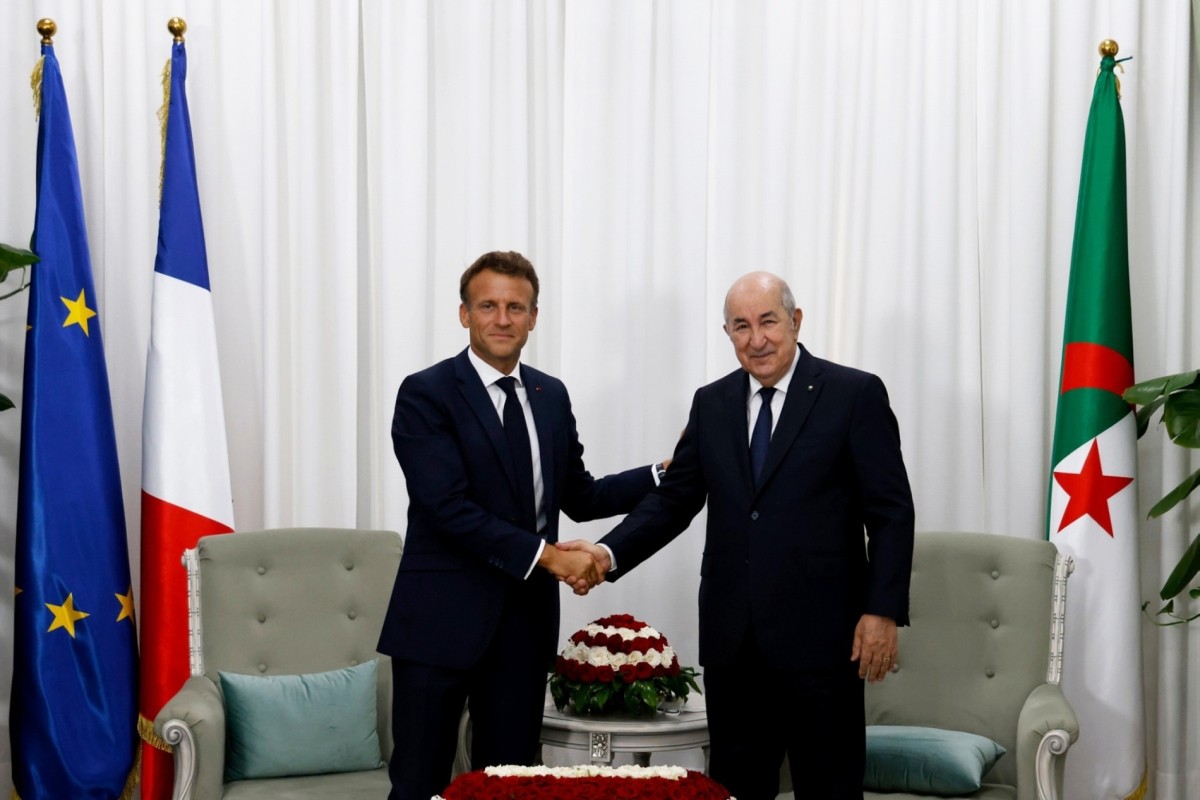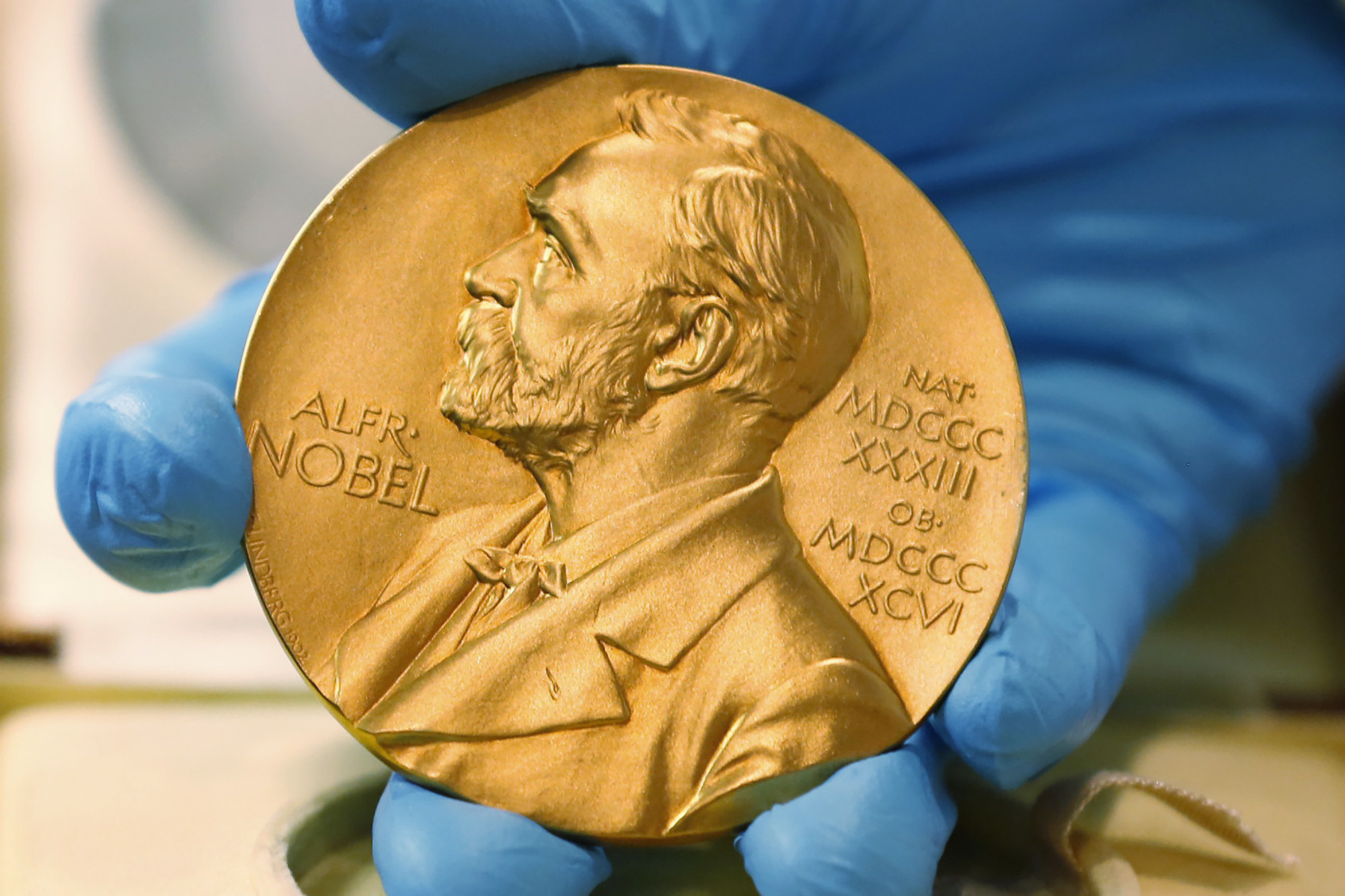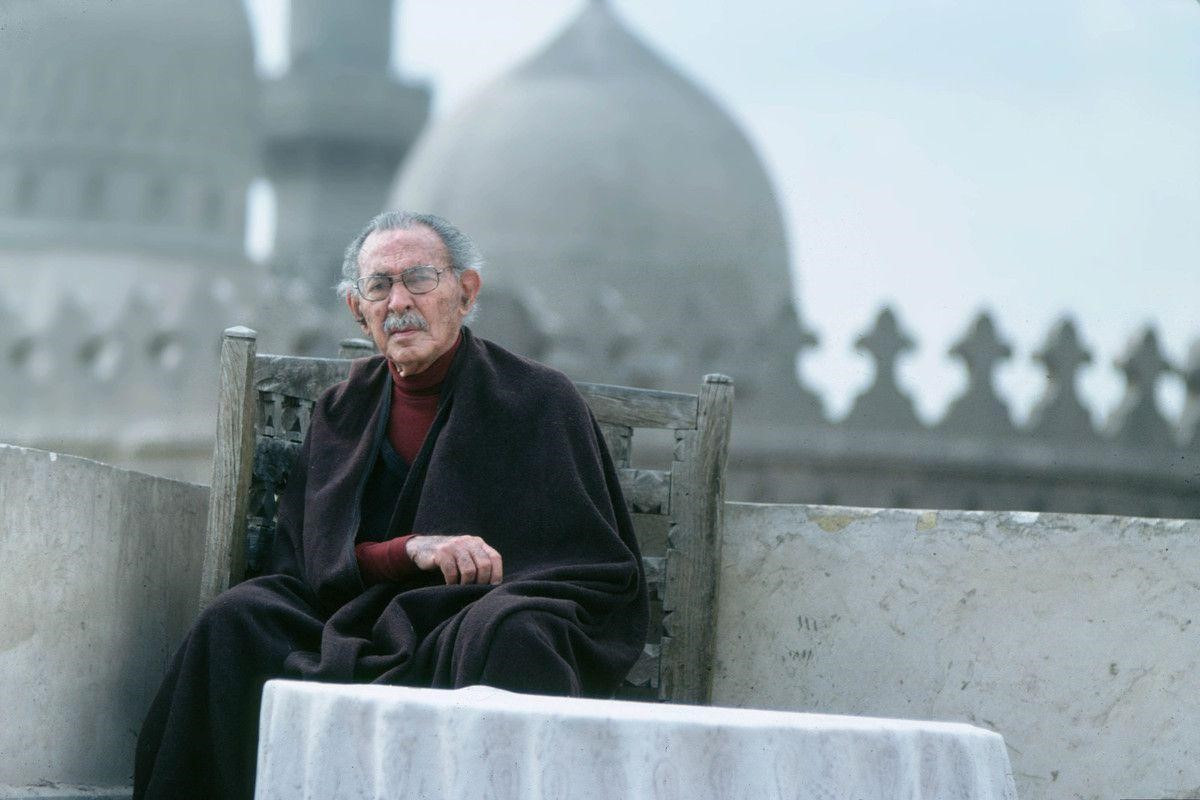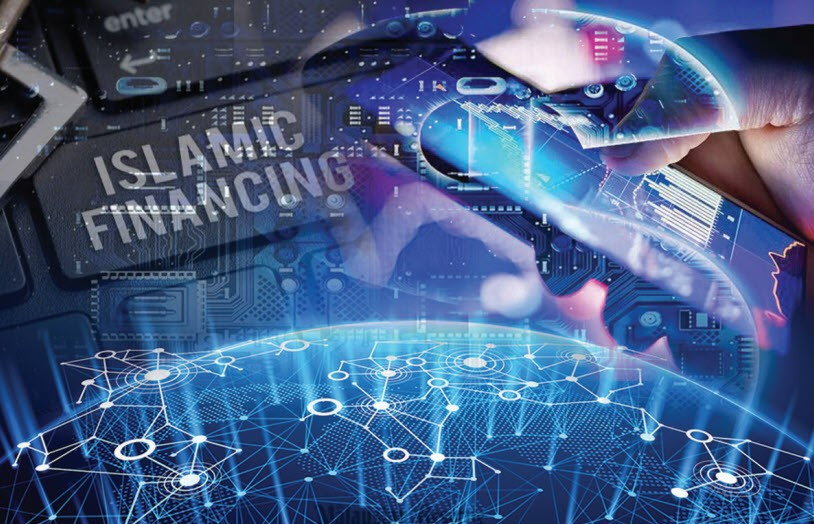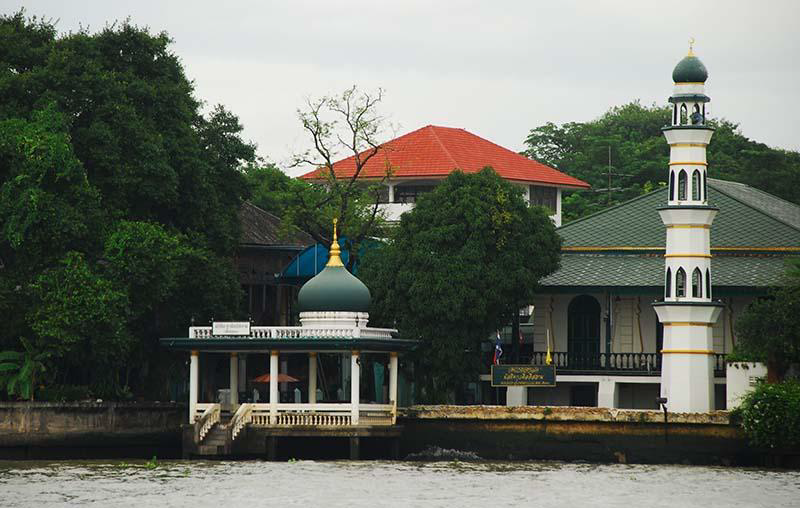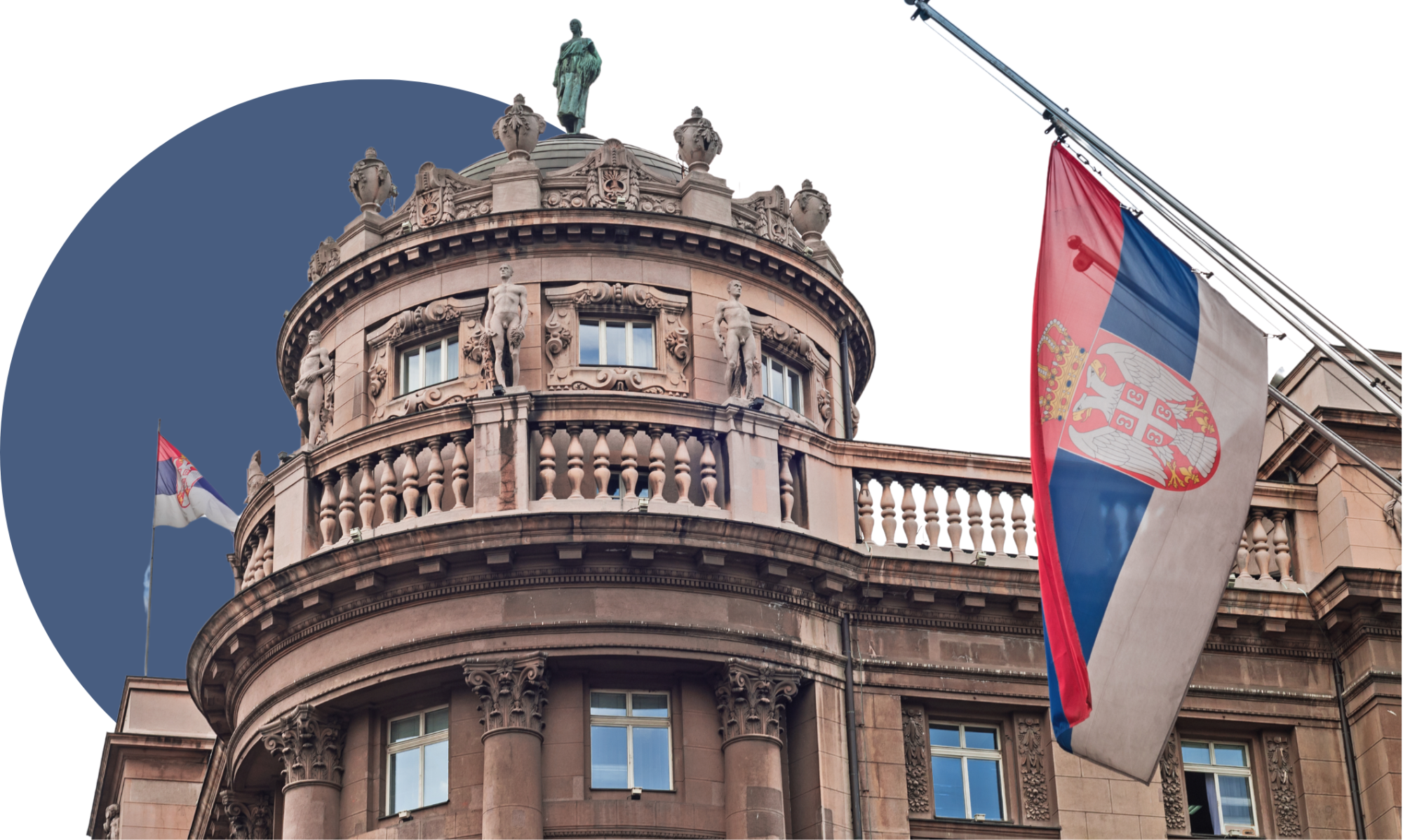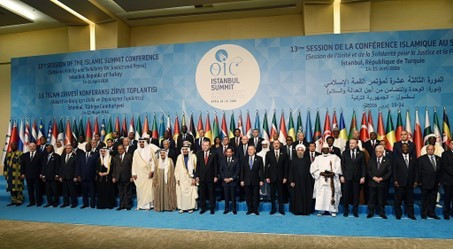
An Assessment of the Passivity of the Organisation of Islamic Cooperation in the Global System
In recent years, the increasing significance of international organizations and principally international formations in the course of global politics and impact on policy-making and implementation processes have brought the possibility of emergence of organizations or structures that will increase cooperation and mobility in the Muslim world. The creation of an organization that can induce the formation of unique politics in the Islamic world and play an active role in the resolution of drawbacks, as well as that will act as a balancing act for other actors of global politics, will definitely be a step that will change the balances in the international system. Demonstrating a solid will in tackling setbacks such as injustice, inequality, and conflict arising from the nature of the international system and Muslim states adopting a more self-confident character in terms of self-representation; would also increase the expectations for the shaping of a new global politics. Considering the possibility of such a foundation, the first question that comes to mind is whether there is the will and vision for the establishment of such a structure in the Muslim world or whether the Organisation of Islamic Cooperation (OIC), which is the most prominent political organization in the Islamic world, can deal with this mission.
OIC is accepted as the second largest organization in international politics after the United Nations (UN) in terms of the number of members, geographical distribution, and ethnic and linguistic diversity. OIC, which has 57 members (out of which five countries have observer status), is the most important structure that has the opportunity to present an alternative order claim in global politics not only because of its political and economic importance but also because of its military capacity, its diversity, and richness in terms of underground resources, its potential in education, culture and technology, and especially its young population ratio. The current international system shaped by Eurocentric politics has faced severe challenges, especially in the last few decades. The political atmosphere, especially after September 11, has opened the door to a deep rivalry between the USA, which is trying to dominate the whole world, Russia, which is trying to regain its position in global politics, and China, which is the leading rising actor. The traumas brought about by the invasion of Afghanistan and Iraq, and the evolution of popular turmoils in the Arab world gave rise to new crises that have led to an increase in the chaotic situation in the Islamic world. At the same time, the main competition in global politics has directly shaped the decision-making processes in the Muslim world.
Pondering the potential of both the states in the Islamic world and the OIC as an organization, the critical dilemma of this controversy is why Muslim societies are feeble or unable to show sufficient will to shape their destinies. The incapability of the members of a religion that claims to establish an order on the globe on the ground of its politics, to implement mechanisms that can create alternatives in the international system cannot be explained only by external factors or by the general inertia in the Islamic world. The fact that an effort to establish a new world order, in which Muslims determine the central codes of politics, is not set forth by the states in the Islamic world or that some initiatives remain obsolete indicates a major structural crisis. In this context, a good analysis of why a robust political vision could not be coined and an effective union could not be established in the Islamic world will at least allow the structural crisis to be overcome and the creation of an alternative structure in the future.
The passivity of the OIC in global politics and its inability to instil a spirit of establishing an alternative order in the world is basically due to its structure itself. The main hindrances averting the OIC from being a playmaker in international relations are its inability to offer clear solutions to any crisis in the Islamic world, especially the Palestine issue, and the inability of global actors to put pressure tools into practice in the face of their interests to Islamic countries or the ongoing crises. Although the founding philosophy of the organization was built on the mission of "protecting the rights and interests of the Islamic world" and "strengthening cooperation and solidarity" among the member states, the fact that the organization has not been able to pass a successful test within the framework of its primary mission since September 25, 1969, the date of its establishment, has resulted in the belief that the organization cannot turn into an effective organization. The great fire that broke out in Masjid al-Aqsa after a fanatical Zionist Jew's arson attempt on August 21, 1969, allowed the Muslim world to take the initiative, seek their rights, and protect their interests.
After the Second World War, the UN, which was established to perpetuate global politics on a peaceful ground and ensure that all societies live in an equal and fair political reality, showed severe weaknesses in realizing its mission and, in particular, a hypocritical attitude towards the solution of problems in the Muslim world laid the groundwork for the initiative of the establishment of the OIC in September 1969. The offensive attack on the first qibla of Muslims was a radical move that would augment the political revival of Islamic countries. As a matter of fact, the belief that the rights of Muslims could not be sufficiently defended without the establishment of an alternative organization and that the Islamic world would always remain in an inactive status was tried to be changed by establishing an alternative order/structure with the establishment of the OIC. However, the political priorities, visions, agendas, and perspectives of the member states on global politics and world order have played an essential role in moving the established structure away from the claim of offering alternatives.
Although the typical value in the coexistence of the members of the OIC is the religion of Islam, the fact that all members act on different political grounds is one of the main factors in the Muslim world's inability to develop a common agenda. Although the international community keeps the issue of Palestine or Al-Quds on the agenda without suggesting its permanent solution, it ensures that the OIC members are generally on the same line with the issue of Jerusalem. However, it is observed that the same attitude cannot be shown in the general course and framework of the Palestinian issue and other crisis areas in the Islamic world. Both the legacy of colonialism, the preferences of the political elites in the process of building nation-states, and the variances caused by the relations with the dominant actors of international politics like the USA, Russia, and China, prevent the formation of a firm unity that can offer an alternative to the world order within the OIC. The fact that the national priorities of the member states in most cases contradict or conflict with the central philosophy of the OIC does not allow the formation of a substantial bloc in the Islamic world in international relations.
The way for Muslim societies to take an active role in global politics will be possible on a unique political ground and only with the claim of an alternative order. Considering the current conditions and the political preferences and priorities of the member states of OIC, it is not thought that suitable conditions will arise in the short term for the establishment of an organizational structure that will take a determined stance against the global actors regarding the solution of the problems in the Islamic world. In this way, the belief and need for structural reforms to be realized within the OIC, and subsequent steps to be taken in this regard, will enable the Muslim world to be represented in global politics with a unique political strategy, at least in the medium term. Otherwise, apart from individual initiatives in the Muslim world – Turkey's mission and strategy in crisis regions such as Palestine, Syria, Egypt, Kashmir, and Yemen can be cited as an example – the formation of solid structures that defend the rights of Muslims in global politics will never occur.
M. Hüseyin Mercan
2008 yılında Marmara Üniversitesi Siyaset Bilimi ve Uluslararası İlişkiler Bölümü'nde lisans, 2011'de ise Yıldız Teknik Üniversitesi Siyaset Bilimi ve Uluslararası İlişkiler programında “Suriye Dış Politikası ve Ulusal Çıkar: 1990- 2010” başlıklı tez...
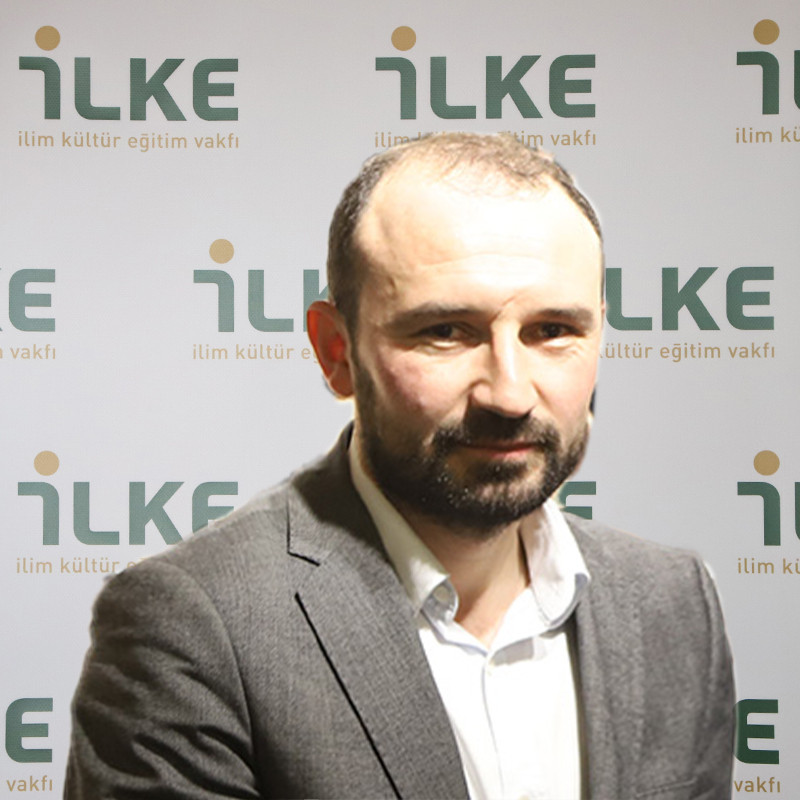 M. Hüseyin Mercan
M. Hüseyin Mercan